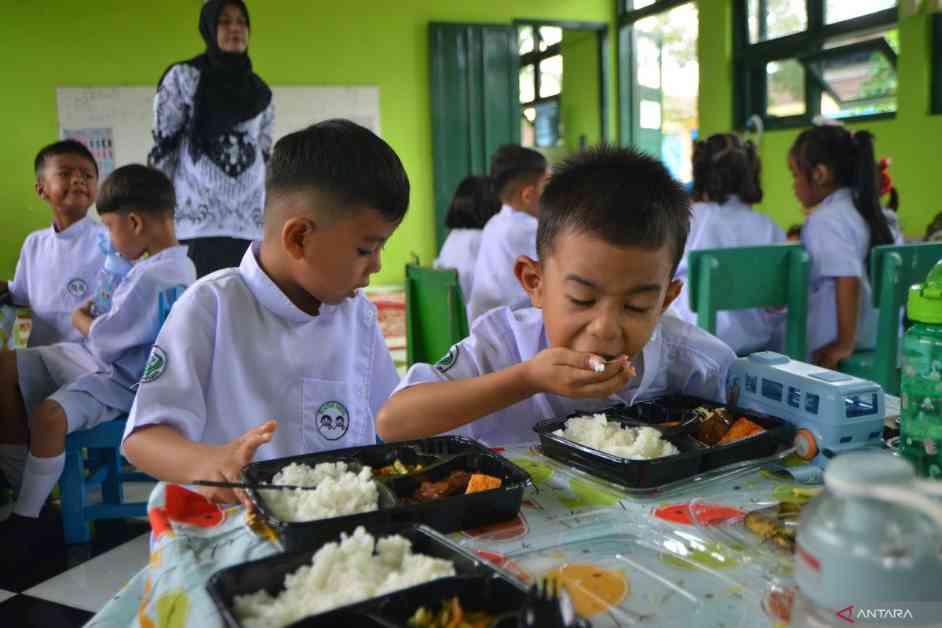Health Minister Launches Free Meals Program to Address Public Health Issues
Jakarta – In a groundbreaking move to tackle critical public health concerns, Health Minister Budi Gunadi Sadikin has officially launched the Free Nutritious Meals program. This initiative aims to address nutritional adequacy, air pollution, and sanitation issues, which are among the top health challenges facing the Indonesian population.
Government’s Commitment to Improving Public Health
Minister Sadikin emphasized the importance of collaboration across ministries and institutions to effectively combat these pressing health issues. He expressed his gratitude to Dadan Hindayana, the head of the National Nutrition Agency (BGN), for spearheading the implementation of the free meals program.
“As Health Minister, I thank you Mr. Dadan because there are many problems outside the health sector that make me happy if they can be addressed,” Sadikin remarked, highlighting the interconnected nature of public health challenges.
Rollout of the Program and Budget Allocation
The government officially launched the program on Monday as part of its comprehensive efforts to enhance community nutrition. With a budget of Rp71 trillion (approximately USD4.4 billion), the program is currently being rolled out across 190 kitchens in 26 provinces. The ultimate goal is to reach 83 million beneficiaries nationwide by 2029.
This initiative, one of the eight main programs under the Prabowo-Gibran government’s Asta Cita, focuses on meeting the nutritional needs of vulnerable groups such as pregnant women, toddlers, schoolchildren, and individuals at risk of stunting. The program will prioritize students starting in January 2025, underscoring the government’s commitment to nurturing Indonesia’s future generation.
Expert Insights on Program Implementation
Tan Shot Yen, a respected Jakarta-based nutritionist and doctor, offered valuable insights into the program’s menu planning. She recommended referencing the ministry’s existing public health program “Isi Piringku” (What’s On My Plate) for guidance on meal composition and portioning to meet daily nutritional requirements.
Tan emphasized the importance of incorporating real, wholesome foods into the menu to ensure a balanced diet rich in carbohydrates, proteins, and fats. Additionally, she highlighted the significance of considering children’s cultural preferences to minimize food waste and promote healthy eating habits.
In conclusion, the Free Nutritious Meals program represents a significant step towards improving public health and nutrition outcomes in Indonesia. By addressing key health issues through innovative initiatives and cross-sectoral collaboration, the government is laying the foundation for a healthier and more resilient society.
This article has been updated with the latest information on the Free Nutritious Meals program. Stay tuned for more updates on this vital public health initiative.






















